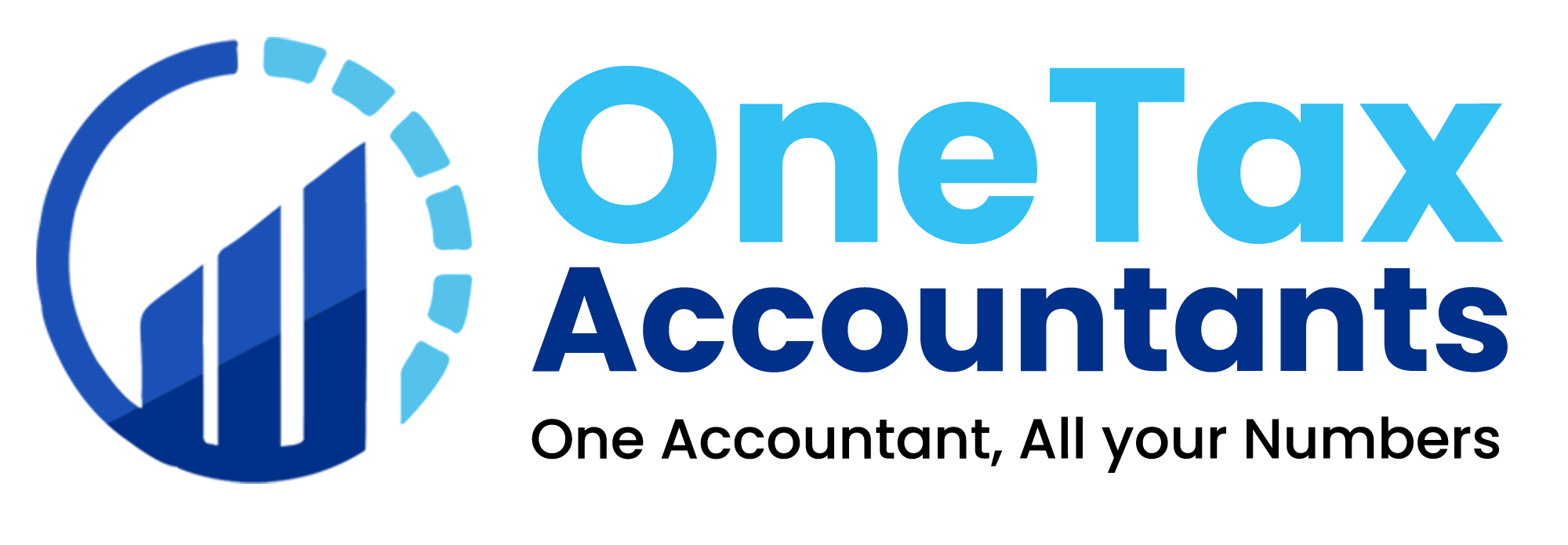Introduction
Tax time can be a game changer for small businesses in Australia — especially if you know where to look for valuable deductions. By claiming eligible expenses, you can significantly reduce your taxable income and improve your cash flow. In this post, we’ll cover the most important tax deductions small business owners should know about for the 2024–2025 financial year, and how to avoid common mistakes that might attract ATO scrutiny.
- Home Office Expenses
With remote work now a standard part of business operations, many small business owners can claim a portion of their home office expenses, including:
- Electricity and internet costs
- Equipment depreciation (laptops, chairs, monitors)
- Office consumables (paper, ink, stationery)
- Phone usage (proportional to business use)
Important: Keep detailed logs or use the ATO’s fixed rate or actual cost method when calculating.
- Business Vehicle and Travel Costs
If you use a personal or company vehicle for work purposes, you’re entitled to claim:
- Fuel and servicing
- Depreciation (based on usage %)
- Parking fees and tolls
- Business-related travel (flights, taxis, accommodation)
Make sure to maintain a logbook and receipts to support your claim.
- Instant Asset Write-Off & Depreciation
Eligible assets purchased for business use can often be claimed upfront thanks to simplified depreciation rules.
For FY 2024–25:
- Instant asset write-off threshold is $20,000 (subject to legislative updates)
- Applies to assets like laptops, tools, office furniture
- Asset must be installed and ready for use by June 30
Check eligibility based on aggregated turnover and timing.
- Software, Subscriptions & Tools
Digital tools are essential — and deductible. This includes:
- Accounting software (Xero, QuickBooks, MYOB)
- CRM tools (HubSpot, Salesforce)
- Project management apps (Asana, Trello)
- Website hosting & domain costs
- Superannuation Contributions
Paying super for yourself (as a sole trader) or your employees is tax deductible. Contribute before June 30 to get the deduction in the current financial year.
- Training & Professional Development
Claim deductions for upskilling activities that directly relate to your business or industry, such as:
- Online courses & certifications
- Business coaching
- Professional association fees
- Insurance Premiums
Business-related insurance such as:
- Public liability insurance
- Professional indemnity
- Income protection (if held outside super)
These are all generally deductible.
- Advertising & Marketing
You can claim expenses for:
- Social media ads
- Google AdWords campaigns
- Printing flyers or business cards
- Website development and maintenance
- Bank Fees & Interest on Business Loans
Interest on business credit cards or loans, and fees related to merchant facilities and overdrafts, are deductible.
- Tax Agent & Accounting Fees
Fees paid to your registered tax agent or accountant for managing your business affairs are fully deductible.
Common Pitfalls to Avoid
- Mixing personal and business expenses
- Failing to keep receipts or documentation
- Claiming GST on non-GST items
- Not understanding thresholds for different deductions
Need Help With Your Tax Planning?
At OneTax Accountants, we help small business owners maximise their deductions while staying fully compliant with ATO regulations. Let us take the stress out of tax time — book your consultation today





